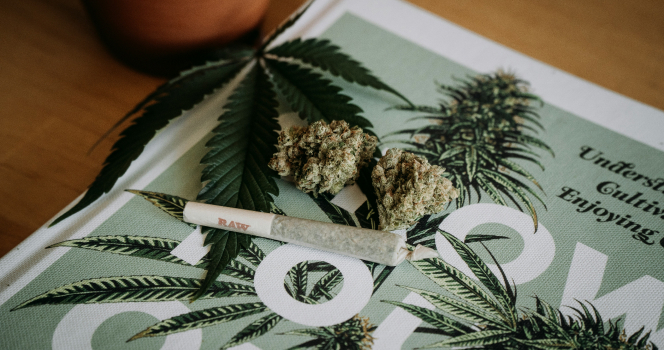Understanding the Market for Weed for Sale in the UK
The cannabis market in the UK has long been a topic of interest and debate, especially as societal attitudes toward cannabis shift and global trends lean toward legalization. While cannabis remains illegal in the UK for recreational use, its availability – both legally and illicitly – continues to fuel discussions on regulation, safety, and the future of the industry.
The Current Legal Landscape
Cannabis is classified as a Class B drug under the Misuse of Drugs Act 1971 in the UK. This classification means possession can lead to up to five years in prison, an unlimited fine, or both. Supply and production carry harsher penalties, with up to 14 years in prison.
However, cannabis has been legal for medical purposes since 2018. Patients with conditions such as epilepsy, chronic pain, or multiple sclerosis can access cannabis-based medicines prescribed by a specialist doctor. The legal market for medical cannabis is tightly controlled, with products primarily imported and regulated to ensure patient safety.
Weed for Sale: The Illicit Market
Despite the strict laws, the demand for recreational cannabis has fostered a thriving underground market. In urban and rural areas alike, "weed for sale" adverts can often be found on social media platforms, encrypted messaging apps, or word-of-mouth networks. Dealers typically offer various strains, including indica, sativa, and hybrids, catering to consumer preferences for relaxation, creativity, or pain relief.
The illicit market poses significant challenges:
- Quality Control: Without regulation, consumers risk purchasing cannabis contaminated with harmful substances like synthetic cannabinoids, pesticides, or mold.
- Safety Concerns: Transactions often occur in unregulated, potentially unsafe environments.
- Lost Revenue: The underground market deprives the government of potential tax revenue from a regulated cannabis industry.
Changing Public Perception
Public attitudes toward cannabis in the UK are shifting, with increasing support for legalization or decriminalization. A 2023 survey by YouGov revealed that over 50% of Britons support legalizing cannabis for recreational use, reflecting a growing trend toward normalization.
The successes of legalization in countries like Canada, the United States, and Germany provide case studies for the UK. Legalization advocates argue it could:
- Generate billions in tax revenue.
- Reduce the burden on the criminal justice system.
- Provide safer, regulated products for consumers.
The Rise of CBD and Cannabis Derivatives
While THC-rich cannabis remains illegal for recreational use, CBD products (cannabidiol) have emerged as a booming industry. Legal under UK law, CBD products contain minimal THC (less than 0.2%) and are marketed for their potential health benefits, such as reducing anxiety, alleviating pain, and improving sleep.
The availability of CBD oils, edibles, and topicals in health shops and online has made cannabis derivatives more accessible to the public. This trend has played a role in destigmatizing cannabis use in general.
Future Prospects
The UK is at a crossroads regarding cannabis policy. While the illicit market for weed continues to thrive, growing public demand for reform and evidence from international markets suggest that legalization could be on the horizon. However, any move toward legalization would require careful planning to address:
- Regulatory frameworks for production and distribution.
- Public education on responsible cannabis use.
- Ensuring accessibility while preventing misuse.
In the meantime, the debate continues, fueled by both advocates for reform and those concerned about potential societal harms.
Conclusion
The phrase weed for sale uk reflects more than just an illicit market; it represents a broader societal conversation about drug policy, personal freedom, and public health. Whether through legalization, stricter enforcement, or a combination of approaches, the UK’s relationship with cannabis is evolving – and the outcome could shape the country’s cultural and economic landscape for decades to come.




Comments
Post a Comment